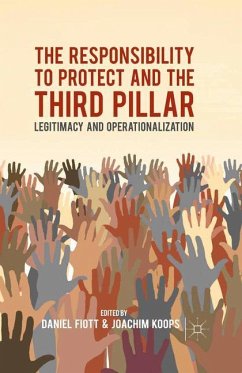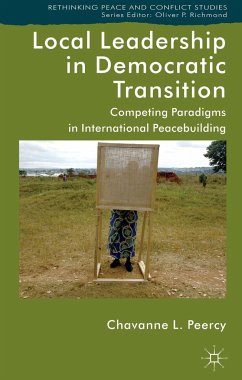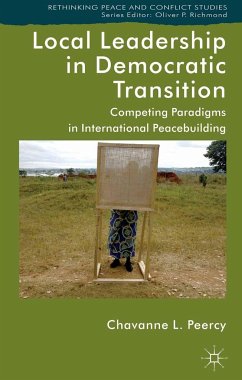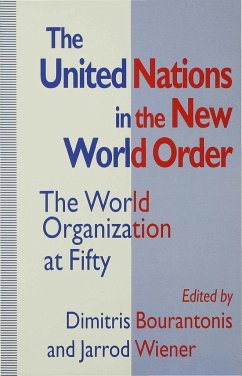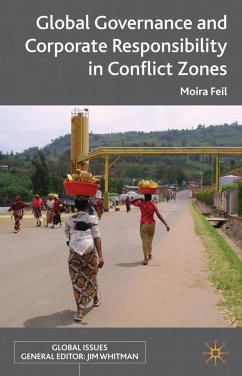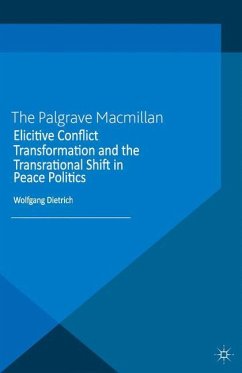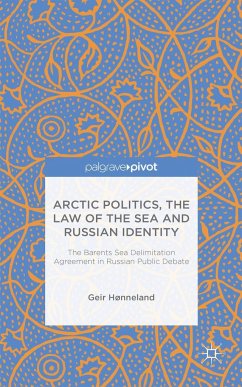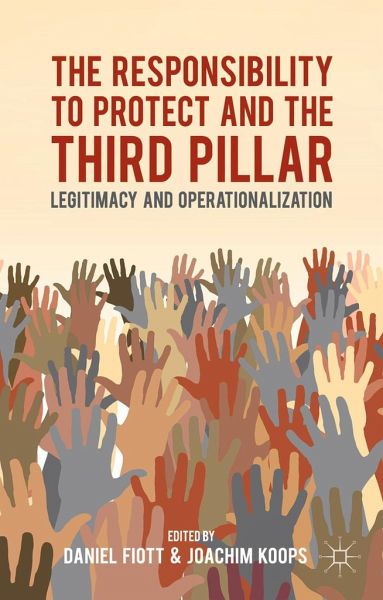
The Responsibility to Protect and the Third Pillar
Legitimacy and Operationalization
Herausgegeben: Fiott, D.; Koops, J.
Versandkostenfrei!
Versandfertig in 6-10 Tagen
38,99 €
inkl. MwSt.

PAYBACK Punkte
19 °P sammeln!
As the RtoP moves from norm to operationalization, greater analysis of action to halt crimes against humanity, war crimes, genocide and ethnic cleansing is needed. This uncovers opportunities and challenges associated with third pillar interventions by looking at legal, economic, political, military and alternative interventions in third-countries.





